
Researchers discover a new approach for measuring how long it takes an antibiotic to kill bacteria.

Researchers discover a new approach for measuring how long it takes an antibiotic to kill bacteria.

Commentary authors warn that lack of access to antibiotics to treat common bacterial infections are becoming difficult to access due to manufacturers finding them less profitable to produce and market; this can have serious implications.

Researchers from Yale University have come up with a new “chemical process” that may aid in the development of a new class of antibiotics.

Badela, a new antibiotic developed by Melinta Therapeutics, was just approved by the US FDA to treat acute bacterial skin and skin structure infections.
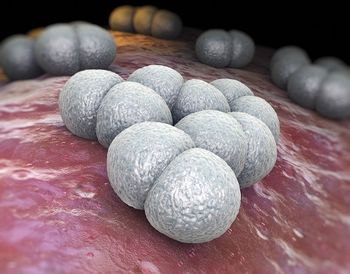
The CDC examines the high incidence of meningococcal disease in the “meningitis belt,” found within sub-Saharan Africa, and the efforts of the Meningitis Vaccine Project to monitor the impact of a meningococcal A conjugate vaccine.

The results of a new study suggest a link between vitamin A and tuberculosis.
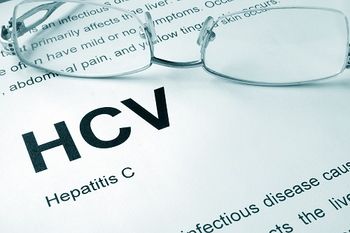
Researchers from the UNC Lineberger Comprehensive Cancer Center elucidate the mode of action of #NS5A inhibitors, and learn more about the half-life of RCs in hepatitis C viruses.

New drugs for HIV, the growing rate of antibiotic resistance, a new hepatitis C treatment option, and updates on the Ebola outbreak and Lyme disease diagnostics, make up the Top 5 articles for this week.

The Centers for Disease Control and Prevention recently released a report on the cases of 2 infants who contracted Legionnaires’ disease during water births.
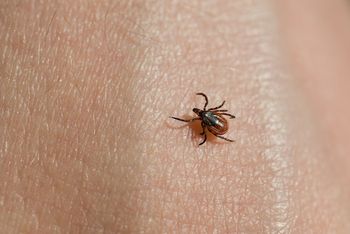
Two adults were hospitalized in Maine as a result of Powassan virus encephalitis.

Amesh A. Adalja, MD, FIDSA argues that a bill being considered in the Pennsylvania state legislature will ultimately result in increased antibiotic resistance and will set back the clock for finding appropriate treatments for Lyme disease.

A new CDC report has linked congenital Zika syndrome with dysphagia in 9 Brazilian infants.

This week’s report includes the latest from Gilead, Janssen, Spero Therapeutics, Clorox, and TECHLAB.
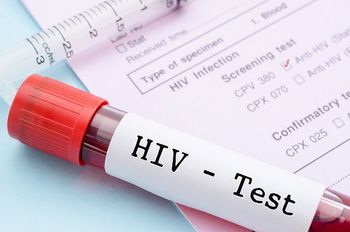
Obstacles to achieving durable HIV remission in lower- and middle-income countries affects these nations’ ability to carry out needed research.

Recent research shows no clinical benefits from adding azithromycin to standard treatment for adults who presented to emergency departments with acute asthma exacerbations requiring a corticosteroid course.

A new analysis looks into the role of sanitation on infectious disease and nutrition.
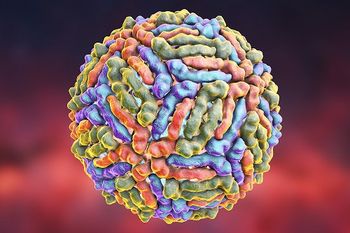
With new human cases of West Nile virus springing up and more states reporting mosquitoes testing positive for the virus, health officials note that this may be an earlier start to the West Nile season than has been seen in past years.

Challenges to public health are never-ending and experts argue that budget cuts that will be made through the American Health Care Act (AHCA) will have dire consequences to how we can respond.
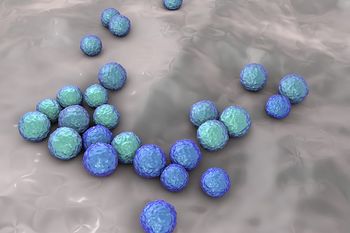
Researchers from Midwestern University Chicago College of Pharmacy highlight correlations between antibiotic use and horizontal transmission of Vancomycin-resistant Enterococcus (VRE) bacterial species.

Researchers from the University of Nebraska Medical Center conducted a trial to measure if using a specific device for blood collection would reduce the rate of culture contamination.
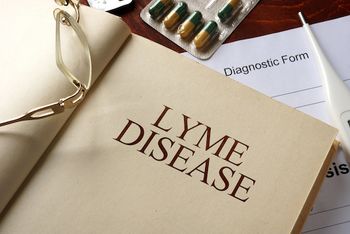
In a recent webinar, CDC officers discussed challenges in diagnosing Lyme disease, and options to improve diagnostic rates.

Findings from a clinical trial from researchers at Hospital Saint Joseph in Marseilles give new hope to patients with HCV in whom treatment with direct-acting antivirals previously failed.

A recent scabies outbreak has affected a Chicago daycare facility, forcing students and teachers experiencing symptoms to be sent home.
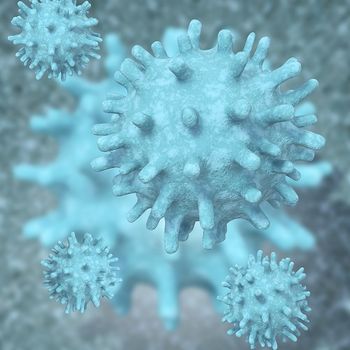
NIAID researchers have discovered that a rare genetic mutation can increase susceptibility to catching human rhinoviruses.

A viral protein may be behind the rapid spread of the Ebola virus.

Updates to the EML highlight the dangerous growing threat of antimicrobial resistance and the dire situation we are currently facing.

The results of a new study in the Journal of the American Medical Association (JAMA) provide strong evidence that the goals of the United Nation’s Program on HIV/AIDS (UNAIDS) are indeed possible.

Superbugs, Zika, antibiotic development, C. difficile, and HIV are the article topics making up this week’s Top 5 articles.
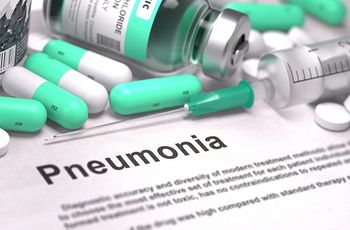
The impact of viruses on community-acquired pneumonia seems to be greater than initially realized and the use of procalcitonin may help distinguish infection type for appropriate treatment.

A new study sheds more light on a recent cluster of gonorrhea infections in Hawaii, the strain of which is showing resistance to the two antibiotics recommended to effectively treat the sexually transmitted disease.